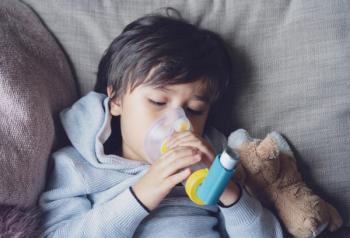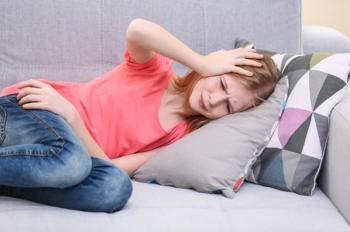
- Vol 37 No 7
- Volume 37
- Issue 7
Levonorgestrel IUDs are safe and effective in adolescents
A study finds that the levonorgestrel intrauterine device (IUD) is successful in controlling abnormal uterine bleeding and in suppressing menses in teenagers.
A study in postmenarchal youngsters aged from 8 to 19 years found that the levonorgestrel intrauterine device (IUD) is successful in controlling abnormal uterine bleeding and in suppressing menses.
Investigators reviewed the charts of 166 patients who had the devices inserted at some point during a 6-year period for whom follow-up data (from 3 to 60 months after insertion) were available. Some of these patients used the 52-mg IUD and others the 13.5-mg IUD. The IUDs were inserted for contraception, management of heavy menstrual bleeding, and menstrual suppression. Researchers collected data on menstrual history and demographics before and after the devices were inserted.
The overall rate of amenorrhea among participants was 39.8%, with no difference between the patients having the 52-mg IUD and those with the 13.5-mg device. Preinsertion menstrual characteristics, such as regularity and flow of the menstrual cycle or a history of bleeding or of developmental delay, did not have a significant effect on the rate of amenorrhea or bleeding patterns after insertion.
Of the 100 patients who did not experience amenorrhea, 32% reported light vaginal bleeding and 35% reported moderate or heavy vaginal bleeding. Among users who described their cycle as regular before insertion, 28.6% reported spotting, 26.8% said they had light vaginal bleeding, and 44.6% had moderate to heavy bleeding after insertion. These proportions were not significantly different among those who described their cycle as irregular before IUD insertion, although only 23.3% in this group reported moderate to heavy vaginal bleeding later. Complications were rare; no uterine perforations were reported; and only 5.4% expelled the IUD (
Thoughts from Dr. Farber
Intrauterine devices have been demonstrated to be safe and effective with results comparable to, or better than, hormone therapy. They are underutilized in teenagers but should be considered an option. If you are uncomfortable placing the device yourself, refer the patient to a gynecologist.
Articles in this issue
about 5 years ago
NIH funds 8 new studies on COVID-19 related MIS-C in childrenover 5 years ago
COVID-19: It’s not the same-old same old!over 5 years ago
Newborn’s rash involves eyes and noseover 5 years ago
Itchy black spots: Poison ivy or something else?over 5 years ago
Could fever improve COVID-19 outcomes?over 5 years ago
Ultrasound accurately diagnoses midgut volvulusNewsletter
Access practical, evidence-based guidance to support better care for our youngest patients. Join our email list for the latest clinical updates.








